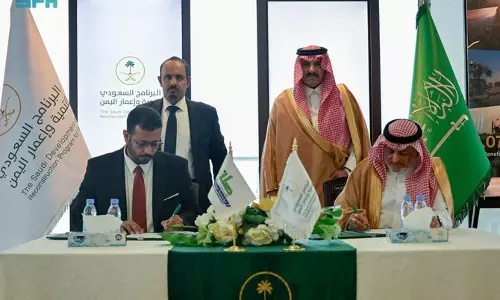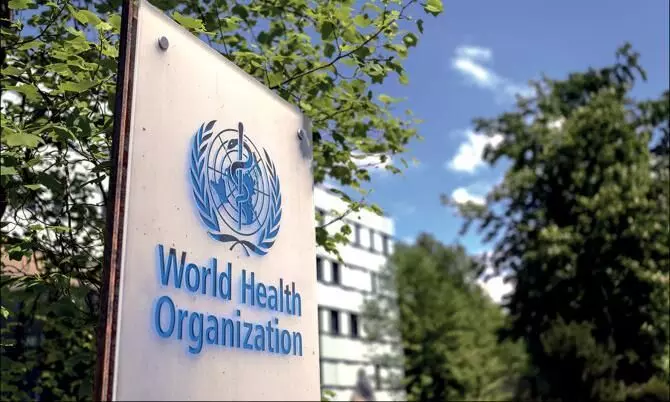
WHO updates vaccine recommendations for malaria, dengue, and meningitis
text_fieldsThe World Health Organization (WHO) has made several significant recommendations, including endorsing a new vaccine for malaria prevention in children.
The decision comes following advice from the WHO Strategic Advisory Group of Experts on Immunization (SAGE) and the Malaria Policy Advisory Group (MPAG). These recommendations were endorsed by the WHO Director-General during its biannual meeting held from September 25 to 29.
The R21/Matrix-M vaccine is now recommended by WHO for malaria prevention in children.
This marks the second malaria vaccine endorsed by the organisation, with the first being the RTS,S/AS01 vaccine in 2021. Both vaccines are considered safe and effective in preventing malaria in children. Malaria poses a significant threat to children in the African Region, where nearly half a million children succumb to the disease annually.
While there is unprecedented demand for malaria vaccines, the available supply of RTS,S is limited. The addition of R21 to WHO's list of recommended malaria vaccines is expected to address this shortage and benefit all children in malaria-prone areas.
Dr. Tedros Adhanom Ghebreyesus, WHO Director-General, expressed his excitement about having two effective malaria vaccines, with the goal of protecting more children quickly and moving closer to a malaria-free future.
One of the key features of the R21 malaria vaccine is its high efficacy in highly seasonal malaria transmission areas, reducing symptomatic cases of malaria by 75% during the 12 months following a 3-dose series. It also has good efficacy (66%) during the 12 months following the first 3 doses in age-based schedules.
Experts think it will lead to a high public health impact in various malaria transmission settings, including low transmission areas. Cost-effectiveness has also been highlighted by the global health body with prices ranging from US$ 2 to US$ 4 per dose.
It has similar efficacy to RTS,S, with no evidence showing one vaccine performs better than the other.
WHO also recommended the Takeda-developed live-attenuated quadrivalent dengue vaccine (TAK-003) for introduction in areas with a high dengue disease burden and high transmission intensity. The vaccine is recommended for children aged 6 to 16 years.
The UN body advised all countries in the African meningitis belt to introduce the pentavalent meningococcal conjugate vaccine (Men5CV) into routine immunisation programs. This should be administered as a single dose at 9 to 18 months of age, with catch-up campaigns in high-risk areas.
A recommendation has been made on COVID-19 as well. SAGE recommended a simplified single-dose primary immunisation regime for most COVID-19 vaccines. This approach is expected to improve acceptance, uptake, and protection.
Progress toward achieving the IA2030 indicators has been hindered by the COVID-19 pandemic, with six of the seven impact goal targets off-track. However, vaccine introduction targets remain on track, said WHO's statement on the website.
The shared action agenda for 2023-2024 includes priorities such as strengthening immunisation programs, promoting equity, regaining control of measles, advocating for immunisation investment, accelerating the introduction of recommended vaccines, and advancing adolescent vaccination.
These recommendations and actions are significant steps toward improving immunisation programs and addressing critical public health challenges.























